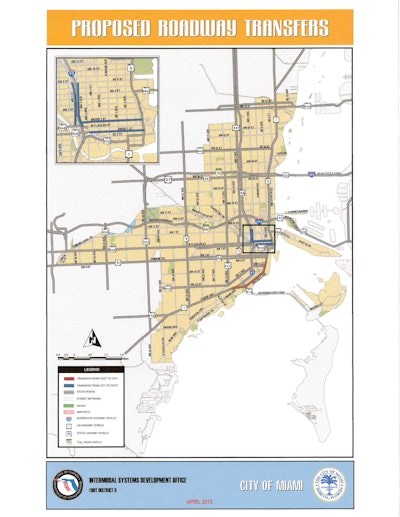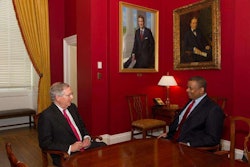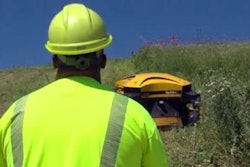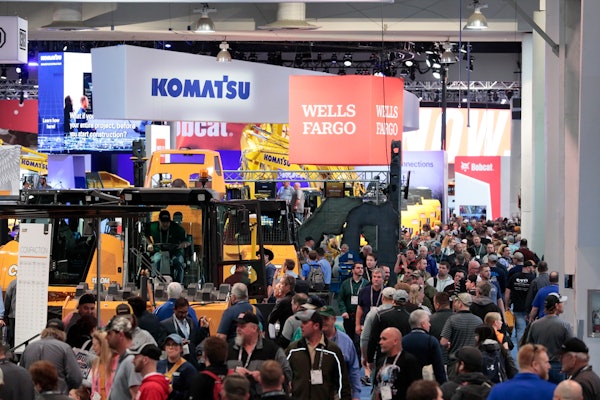 FDOT wants jurisdiction over several streets (highlighted in blue) in Miami’s Downtown Historic District. In exchange, the City of Miami would gain control over Brickrell Drive (highlighted in red). (Photo: FDOT via Transit Miami)
FDOT wants jurisdiction over several streets (highlighted in blue) in Miami’s Downtown Historic District. In exchange, the City of Miami would gain control over Brickrell Drive (highlighted in red). (Photo: FDOT via Transit Miami)It’s more wristwatches than sausages I think.
An ongoing dispute over whether the state of Florida or the city “owns” streets in Miami is a fascinating glimpse into the workings of a state DOT and a city government when it comes to responsibility and jurisdiction of roads.
I like wristwatches. I have drawers and a boxes of them, most now unused but not thrown away. And some have that see-through fascia that lets you watch the workings working.
This Miami contretemps reminded me that this ownership squabble (or maybe its better called a negotiation) is a process we rarely see at work. It’s more the stuff of bureaucrats meeting in nondescript rooms and talking in code and acronyms for hours. It’s interesting to watch.
It seems to be a clean enough process, although in this case, it certainly has the potential to get heated, judging by this TransitMiami.com post and related articles. It’s not an ugly process; it’s not like, for example, watching sausages being made. But when you think about it, this sort of turf war about road jurisdiction must go on all the time across the country.
As the article indicates, the stakes can be quite high, even if the public is largely unaware. Just who does have jurisdiction will influence everything from zoning to funding. And it will affect contractors looking for work and agencies working on macro plans for road management.
If there’s one thing this age of social media and endless blog and website outlets should be good for, it’s keeping us informed of processes such as this one that usually went unwatched by the public.
We could have watched it, but that would have meant hours of sitting in public meetings listening to way too much droning. Newspapers would let us know in small print, but usually in pages that largely went unread. So a spat between a state DOT and a large city over road jurisdiction would largely have gone unnoticed in the “old days.”
The idea, of course, is that the more the public knows the more it can be involved in the processes. Seems to be working in Miami. Taking these discussions to the streets might just help us have better streets.









